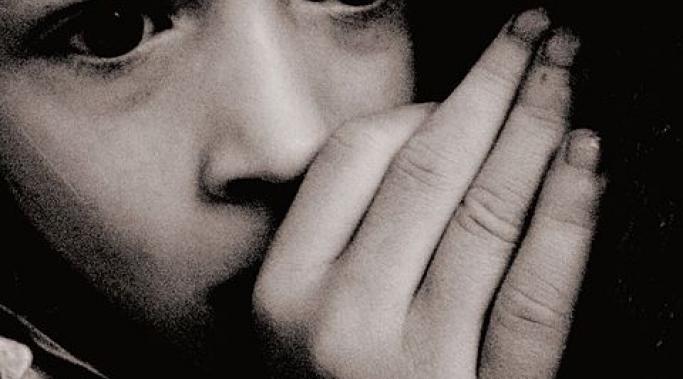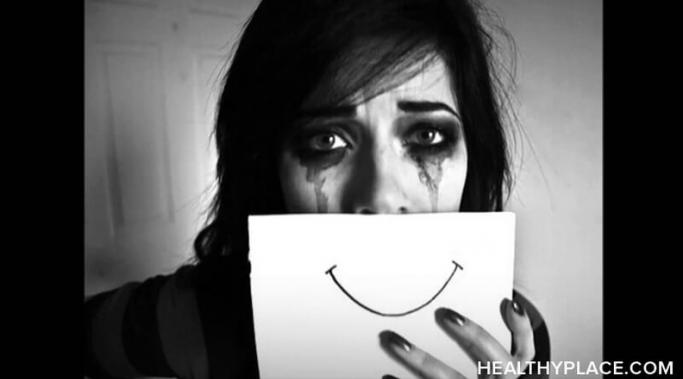One particularly useful one is the importance of checking your thoughts, looking specifically for "stinking thinking". These thoughts warn us of a likely relapse (alcohol, drugs, self-injury), and it is recommended you change your thoughts.
Coping with BPD
So how should we cope with the loss of a negative coping skill? We should build, maintain and rely on a support system; we should understand and accept that we are grieving a loss; and we should concentrate on taking care of ourselves.
Codependency, like addiction, is a serious problem that can affect many people with borderline personality disorder (BPD). Codependency is a behavioral and psychological condition in which a person sacrifices his/her own wants and needs in order to maintain an unhealthy relationship. It is also called "relationship addiction." Codependency is probably due to the intense fear and frantic efforts to avoid abandonment common in BPD.
In order to set boundaries, we have to believe we are worth having boundaries. We must believe that we have the right not to be violated. We must have the self-esteem to say no.
It hurts to have borderline personality disorder (BPD), especially when trauma is a factor. However, people can cause what's called secondary wounding--that is, they can hurt by a person by their reactions when he/she turns to them for help. In her book I Can't Get Over It, Dr. Aphrodite Matsakis writes "Some victims reported that their secondary wounding experiences were more painful and devastating than the original traumatic event."
This is a hard piece for me to write because it involves recognizing emotional abuse and the events leading up to my diagnosis of borderline personality disorder (BPD) and complex post-traumatic stress disorder (PTSD). It may be triggering to fellow survivors of emotional abuse. If you aren't in a place where you can read about it, don't read this piece. It's okay not to be ready to face your past by hearing about mine.
There are positive and negative coping skills you can use when you're stressed. As a person with borderline personality disorder (BPD), I have to work especially hard to use the positive coping skills. The negative coping skills, such as self-harm, are my default coping skills. Recently I've learned a few things that make choosing the positive coping skills easier.
Many people with borderline personality disorder (BPD) have suffered from a traumatic event. As a result, their BPD symptoms are sometimes triggered by reminders of the trauma. Triggers can result in a flare-up of BPD symptoms, ranging from a mild depression to a suicidal crisis. So how do you face them?
Even a bad decision has its usefulness! More Than Borderline's Becky Oberg talks about how bad decisions give us the experience to make good decisions.
For many people with borderline personality disorder (BPD), depression is often a frequent, unwelcome visitor. However, it is not always easy to tell when a depressive episode is beginning. Sometimes it comes out of the blue, other times it sneaks up on the person. All we know is that once things were okay, but now they're not.








